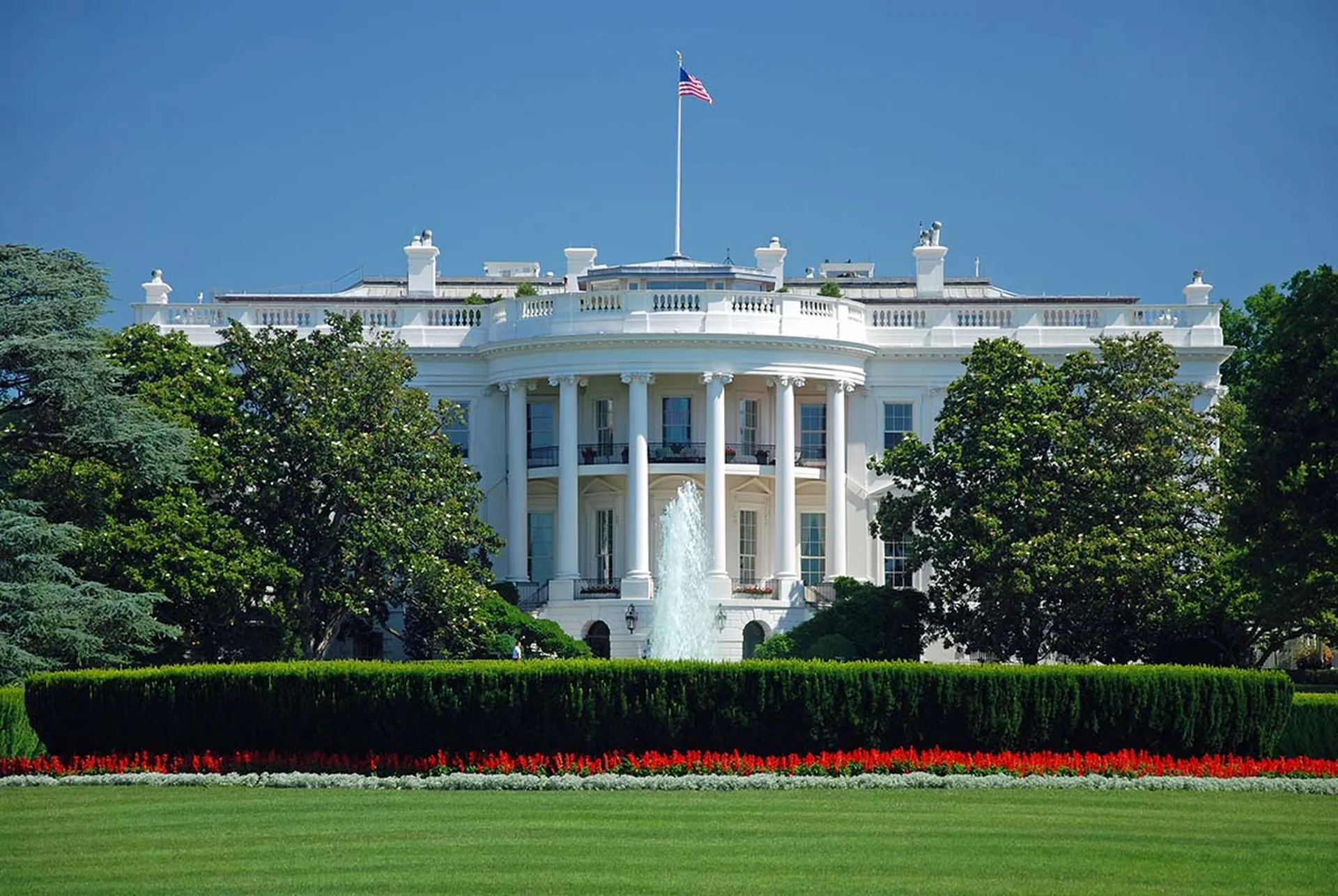Bill C-11, reintroduced at the end of September, resurrects many of the measures originally found in Bill C-32, which died on the ballot after the last parliament ended prematurely.
C-11 maintains legal protections for digital locks. If a manufacturer chooses to impose its own copying policies by encoding a product using digital rights management technology, Canadians are legally forbidden to circumvent it.
The bill will go a long way towards placating powerful trading partners, such as the United States, which has kept Canada on the priority watch list in its Special 301 report since 2009. The report, prepared each year by the Office of the United States Trade Representative, focuses on trade barriers to U.S. interests, arising from intellectual property laws in trading partner countries.
The U.S. government's big sticking point is Canada's failure to implement in law copyright policy noted by the World Intellectual Property Organization (WIPO). Michael Geist, Canada research chair in internet and ecommerce law at the University of Ottawa, said that the bill is designed in part to appease the U.S.
Canada also took other measures to mollify trading partners at the end of September, signing the Anti-Counterfeiting Trade Agreement (ACTA), a jointly developed international standard for anti-counterfeiting measures. However, signing is just the first step. As with the WIPO copyright treaty, Canada still has to ratify ACTA.
Canada isn't the haven for pirates that the U.S. thinks it is, however, according to a report from the Business Software Alliance. The BSA showed that Canadians are relatively unlikely to pirate software. The research showed that just seven percent of Canadians are active pirates, while a further one in five tended to acquire products illegally.
Canada scored fourth lowest on the piracy list. The U.S has more pirates (eight percent), and more people tending to obtain content illegally (26 percent). China is the pirates' largest haven, however, where 42 percent of Chinese citizens are pirates, with another 44 percent happy to steal content occasionally.


